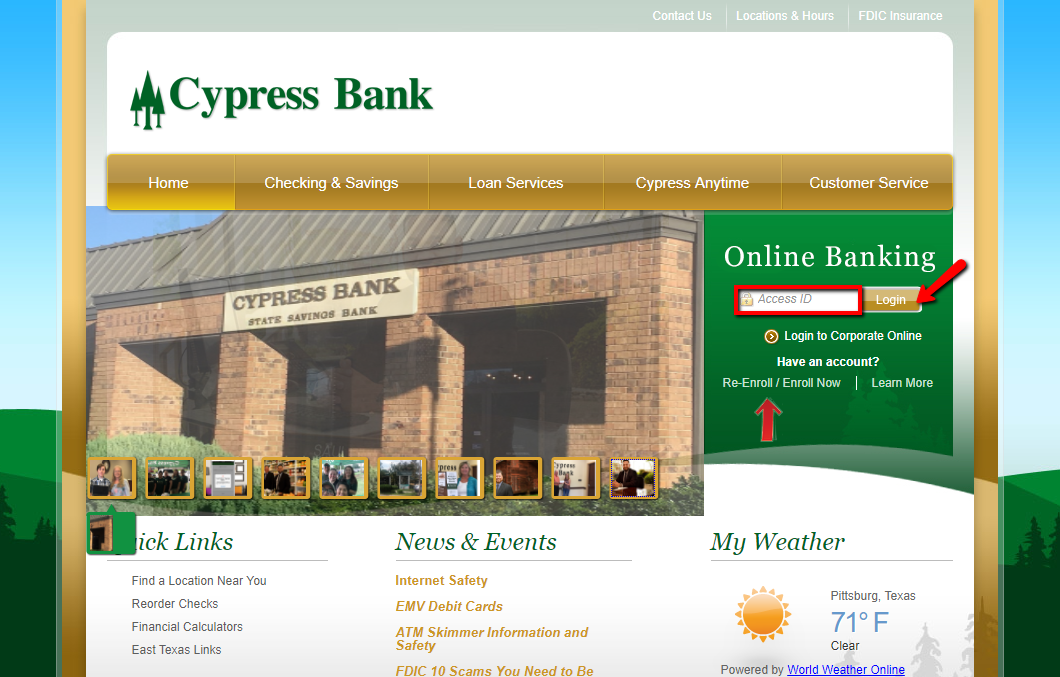20 Free Ways For Choosing Business Investment Management Planning
20 Free Ways For Choosing Business Investment Management Planning
Blog Article
Here Are 10 Helpful Tips For Estate Planning And Trust Settlements.
Here are 10 specific suggestions for estate planning and trust settlements that will aid professionals, families, and even individuals get through the process. Each suggestion is accompanied by an explanation and important pros and cons that will aid you in evaluating potential results and strategies. 1. Maintain detailed records of any and all activities
TIP: Keep a written record of all communications, decisions and distributions that you create during the settlement process.
Benefits: Protects trustees against legal risk.
Cons: Administration workload and constant diligence required.
2. Communication with Beneficiaries - Regular
Make sure beneficiaries are informed on deadlines, valuations of assets and any decisions.
Helps build trust, and to avoid legal disputes.
Cons: Beneficiaries could have a negative reaction or may not agree with the decisions.
3. Do not delay in filing your final tax returns
Tax returns for the estate as well as the deceased person are required.
Pros: Ensures legal compliance.
Cons: Complexity can be increased when estates are larger, or multiple sources of income.
4. Think about a Partial Distribution option
Tips: Divide the initial amount while putting a reserve aside for taxes or other costs.
Pros: Helps beneficiaries access funds sooner.
Pros: Must be careful in estimating to avoid inconsistencies.
5. Accounting for charitable Bequests
Tips: If the trust includes charitable gifts prioritize them in accordance to the wishes of the settlor.
Pros The estate tax deduction may be available and can fulfill the philanthropic requirements.
Pros: Incorrect timing or documentation can cause deductions to be invalidated.
6. Be aware of specific state-specific Trust Laws
Tips: Every state could have its own laws regarding trust settlements, notice requirements, and creditor periods.
Pros: Staying compliant avoids legal penalty.
Cons: Multi-state trusts are difficult to understand.
7. Avoid the Commingling Of Funds
Don't mix trust assets with personal money. Make sure you have a separate trust bank.
Benefits: It ensures transparency, and is a fiduciary.
Cons: Requires diligent bookkeeping and legal awareness.
8. Review and close All Trust Accounts
Close the trust's investment, bank and administrative accounts following final distributions.
Pros: Finalizes the trust and reduces exposure to future claims.
Cons: A missing account could delay the full settlement.
9. Keep settlement records for at least a few years
Tip: Make copies of all documents relating to the settlement, including receipts, letters and other filings for a minimum of 3-7 years.
Benefits: Very useful in the event of disputes or audits.
Cons: Needs secure document storage and organization.
10. Distribute Memorabilia or Sentimental Assets With Care
Tips: Record personal belongings as heirlooms and treat them with family respect.
Pros: Reduces emotional conflict.
Pros: Tension may be created if certain items are disputed in the trust or not explicitly addressed. Check out the top trust settlement for estate planning for blog info including account near me, banks in miami, bank united states, nations bank near me, first financial bank mortgage, coastal bank, best banks, trust bank login, best to bank with, us bank online account and more.
The Top 10 Tips For Business Bank Accounts In Melbourne Florida
These 10 tips provide a comprehensive guide to banking for business in Melbourne, Florida. Each guideline is explained in detail, plus pros and cons. These tips range from choosing the best bank to optimizing your business banking within a local context.
1. Create multi-user access and role controls
Tips : Give employees and accountants a custom role for account access.
Benefits: More safety and accountability.
Pros: Not every banks provide roles that can be customized.
2. Make an account for business savings or a Market account. Market account.
Tips: Save money in your savings account to build up reserves or to store idle capital.
Pros: Earn interest, support financial stability.
Cons: Could require high minimum balances or limit transfers.
3. Find Cash Deposit Friendly Banks
Contact your bank for details on cash deposit limits and fees if you are operating a business that relies on cash (e.g. food retail, service).
Pros: Quick and safe deposits.
Cons: Some banks charge fees for cash handling when you exceed certain thresholds.
4. Utilize Positive Pay and Fraud Detection Tools
Check out Wells Fargo and Regions for the protection against fraudulent checks and ACH transactions.
Benefits: Reduces the chance of fraud and illegal withdrawals.
Cons: These features are usually offered as premium accounts or add-ons.
5. Make sure you are covered by FDIC or NCUA Insurance
Tip: Make sure your bank accounts are insured by the federal government up to a maximum of $250,000 for each entity.
Pros Cons: Financial security and compliance.
Cons: Businesses that have high cash reserves have to be able to spread their cash.
6. Learn more about ACH charges and wire transfer charges
Tip: Compare domestic/international wire fees and ACH origination fees if you pay suppliers or contractors electronically.
Pros: Smooth recurring payment.
Cons: Fees may vary, and some smaller banks may not be able to support ACH.
7. Find a dedicated business banker
Tips - Build a relationship with a banker familiar with your goals and business.
Pros include more speedy service, better advice and easier loan applications.
Cons: Bigger banks might not offer personal bankers for small-sized businesses.
8. Consider the use of business credit cards to manage the cost of expenses
Tips The banks in Melbourne offer business cards that come with rewards, cash back, or travel perks.
Benefits The system tracks expenses and helps build business credit.
Cons • High interest rate when you don't pay off the loan every month and you need a personal guarantee.
9. Ask About Community Support Programs
Tip A lot of community banks help local businesses through grants, networking events, or sponsorships.
Benefits: Excellent to promote goodwill and exposure.
Cons: The programs might be limited to certain industries or non-profit organizations.
10. Be prepared by ensuring you have the proper documentation
If you are opening an account at a bank, you should be able to provide your EIN (Employer Identification Number) as well as the Articles of Corporation, Business License, and Operating Agreement.
Benefits: Saves time in installing.
Cons: Incomplete documentation could delay or hinder approval of accounts. View the recommended business bank in Melbourne FL for blog recommendations including us bank us bank, banking checking, best banks in us, people bank mortgage, first financial bank customer service number, top 10 banks in usa, top banks in us, us bank locations, the bank of the west, best bank to bank with in texas and more.